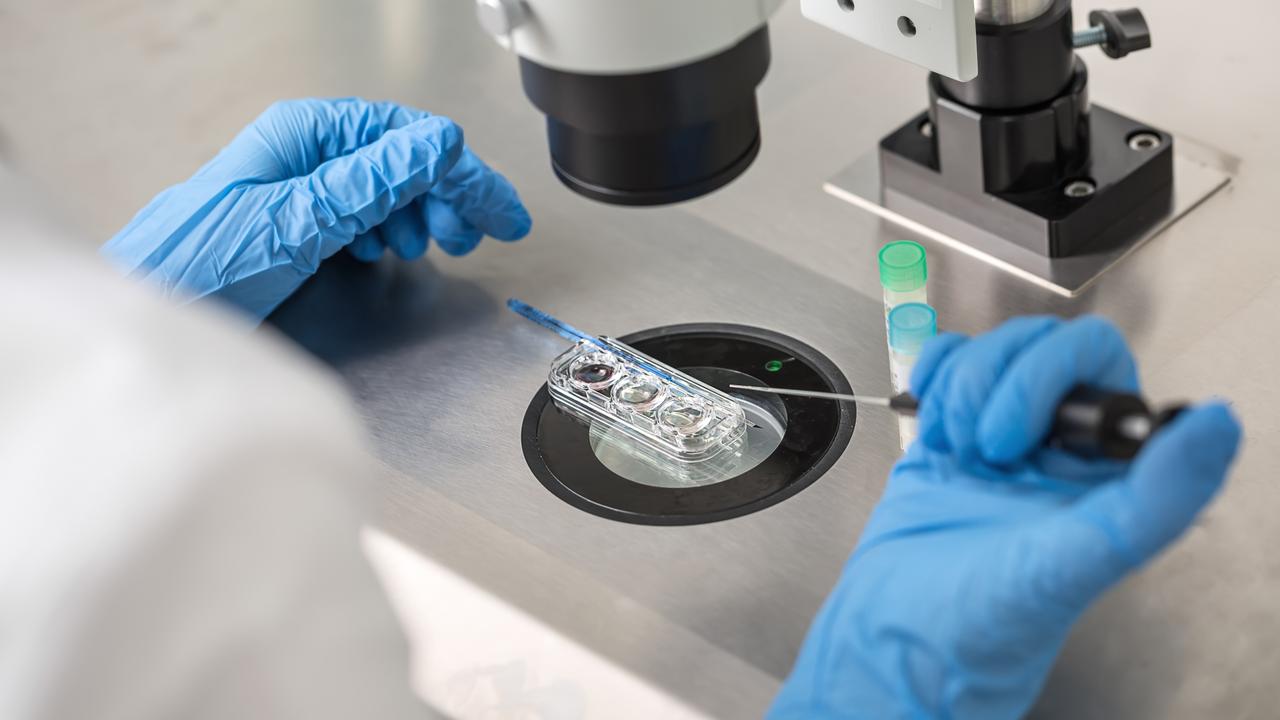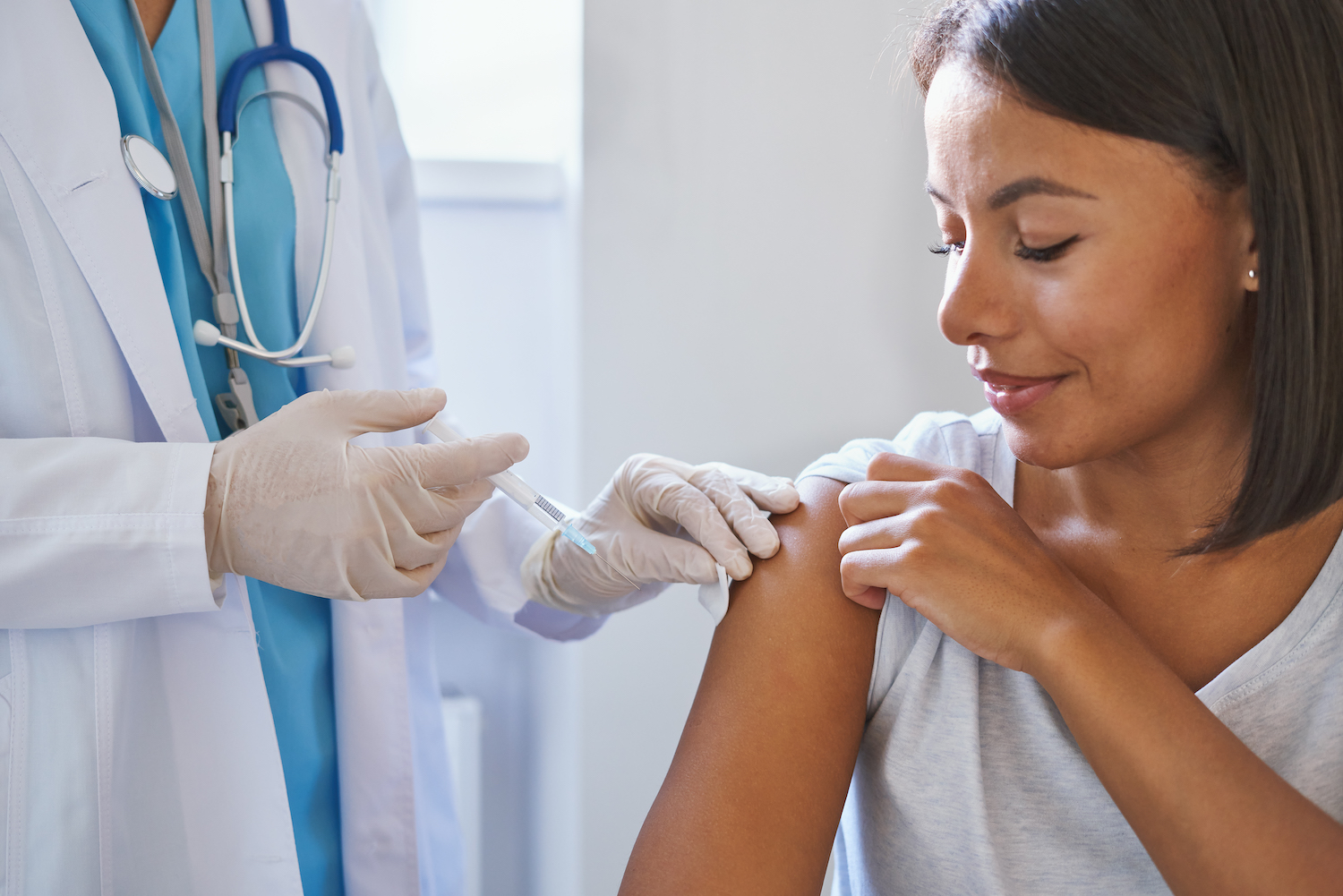
Changes to NSW Government Fertility Rebate
The NSW Government will be making changes to their Fertility

The NSW Government will be making changes to their Fertility

Fertility First, located in Hurstville, has been awarded ‘Clinic of

Preparing for pregnancy allows you and your partner to optimise



The World Health Organization definition of infertility is the absence of a clinical pregnancy after 12 months or more of regular, unprotected intercourse. However, as 75% of couple conceive in the first 6 months, it is now recommended, particularly for couples aged 30 and above to consider having initial investigations after 6 months of regular unprotected intercourse.
Fertility issues affect about 1 in 6 Australian couples of reproductive age. A national survey found that this has been the same for the last 3 generations of Australians.
Causes of infertility can involve male, female or a combination of factors. Approximately a third of infertility cases are as a result of female factors and a third are as a result of male factors or a combination of both male and female factors. Occasionally no obvious cause is obvious from initial testing (unexplained infertility) but there are treatments and options, no matter what the cause of the fertility issue is. Read more about male infertility and female infertility.
There are a number of factors that can increase a man’s and woman’s risk of infertility. These factors range from age, smoking, excess alcohol consumption, diet, being overweight or underweight, sexually transmitted infections (STIs), ovulation problems such as polycystic ovarian syndrome (PCOS) and sperm DNA damage. Find out ways to improve fertility.
This depends on what the problem might be and for example, where you are in relation to the Medicare Safety Net and if there is embryo freezing for the future. On average a cycle of full IVF costs from $2,000 to $2,700 at Fertility First. This includes all aspects of your treatment and hands on contact and treatment with a qualified fertility specialist throughout that cycle. Get a full breakdown of IVF costs in Sydney.
This is a very difficult question to answer accurately and honestly as there are so many variables, particularly as 2 people are involved in making a baby. However, on average women in their 30’s can expect a 90% chance of a pregnancy using IVF, while couples in their 40’s have up to a 80% chance of a pregnancy.
If her period arrives at roughly the same time every month, it is highly likely that she is ovulating. Ovulation normally occurs 14 days before the next expected period. Increased clear vaginal discharge at the time of ovulation and period pains starting on the first day of bleeding are also associated with ovulatory cycles.
The most fertile time for a woman is 14 to 16 days days before the next expected period, for example, between day 12 and day 14 of a 28-day cycle.
A person is eligible for surrogacy in NSW but commercial surrogacy, i.e. there is financial gain for the surrogate, is illegal.
You can store your embryos for a maximum of 15 years.
There are couples who are unable to conceive naturally due to an absence of sperm in the male partner. Also single women and women in a same sex relationship who need the help of sperm donors to achieve the dream of creating a family.
Becoming a sperm donor is a generous and life changing thing to do and will give you the rare opportunity to do something totally altruistic for someone.
You can become a sperm donor if you’re over the age of 18, you are a permanent Australian resident, you’re willing to go on the NSW donor registry, you’re healthy and your sperm fit certain criteria.
If you are interested in becoming a sperm donor, more information can be found on the Donate Don’t Waste website – donatedontwaste.com.au or by contacting Fertility First.
Reasons our sperm donors give have been to help single women or couples who cannot conceive naturally, to have an opportunity to give back to the community, they have seen firsthand the joy having a baby can bring to a family and they want to help those who are unable to achieve a pregnancy, and because there is a shortage of sperm donors in Australia.
In Australia, it is against the law to profit from the donation of sperm as per the NSW Human Tissue Act 1983 and NHMRC Ethical guidelines on the use of assisted reproductive technology in clinical practice and research 2007. However, we do reimburse sperm donors for their time and travel expenses.
Sperm donors must produce their samples on site at our Fertility First Lab in Hurstville. Patients may produce their samples in the comfort of their own home, however we would need their sample at the lab within 1 hour of collection. If the patient lives more than an hour away from the clinic, they would be advised to produce their sample in a dedicated room at Fertility First.
Yes, but in order to do so, you will need a referral from your GP, you would then need to call the clinic to make an appointment, ensure you have had up to date Hep B, Hep C and HIV bloods within the past 12 months and you will be required to sign a consent form from our clinic.
Semen or seminal fluid is the fluid containing sperm that a male produces when he ejaculates.
The symptoms of a miscarriage may include either light or heavy vaginal bleeding, pelvic cramps, abdominal pain, a persistent dull ache in your lower back, or blood clots passing from the vagina. It’s hard to tell if a miscarriage is taking place as it’s not a single event, but a sequence of events that occur over several days and symptoms will vary from one woman to another. Blood tests and ultrasound scans can help make the diagnosis.
There are factors that may increase your risk of a miscarriage and they range from blood clotting disorders, lifestyle factors including increased alcohol use, smoking, the use of recreational drugs and heavy caffeine intake or a history of recurrent miscarriages. Miscarriages are also caused by chromosomal abnormalities, uterine abnormalities and cervical anomalies, immunological disorders such as diabetes mellitus and bacterial infections.
P: 02 9586 3311
E: admin@fertilityfirst.com.au
50-52 Gloucester Rd,
Hurstville,
NSW 2220
© 2025 All rights reserved.
Privacy Policy | Website Design & Development – kiincreativeagency.com.au